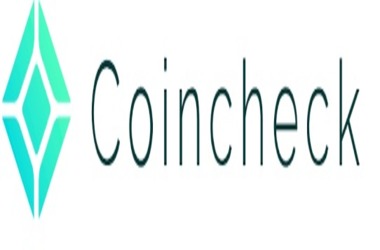
The cryptocurrency exchange made the following statement:
“Coincheck has given a full explanation to the agency on the firm’s business descriptions, plans, and basic philosophy on risk management, as well as on the development of the firm’s governance with concrete internal controls and customer protection in mind.”
Back in January, the Coincheck hack enabled the hackers to swindle $500 million worth NEM tokens from the exchange. The exchange managed to identify 11 addresses which were used to receive the stolen NEM. At that time, the cryptoexchange had stored its holdings in a hot wallet that is linked to other systems. There was also no multi- signature safety mechanism. That permitted the hacker to loot the exchange of its assets.
The press release further said “With the registration as a cryptocurrency exchange agency serving as a milestone, Coincheck strives to continue offering reliable services for our current and prospective customers in a safe and stable manner. Coincheck is also committed to further strengthening security and enhancing usability.”
This hack paved way for the announcement of stricter rules for the operation of crypto exchanges in Japan. Following the Coincheck hack, Japan’s Financial Services Agency [FSA] started implementing stricter regulations for new applications from exchanges seeking crypto license. Per the new regulations, recently registered cryptocurrency exchanges will have on- site inspections and the government agency will also examine its business models rigorously.
The FSA stated that a continuous evaluation of the registration protocols is absolutely necessary for all crypto exchanges in the nation and that investor protection will continue to be a top priority.